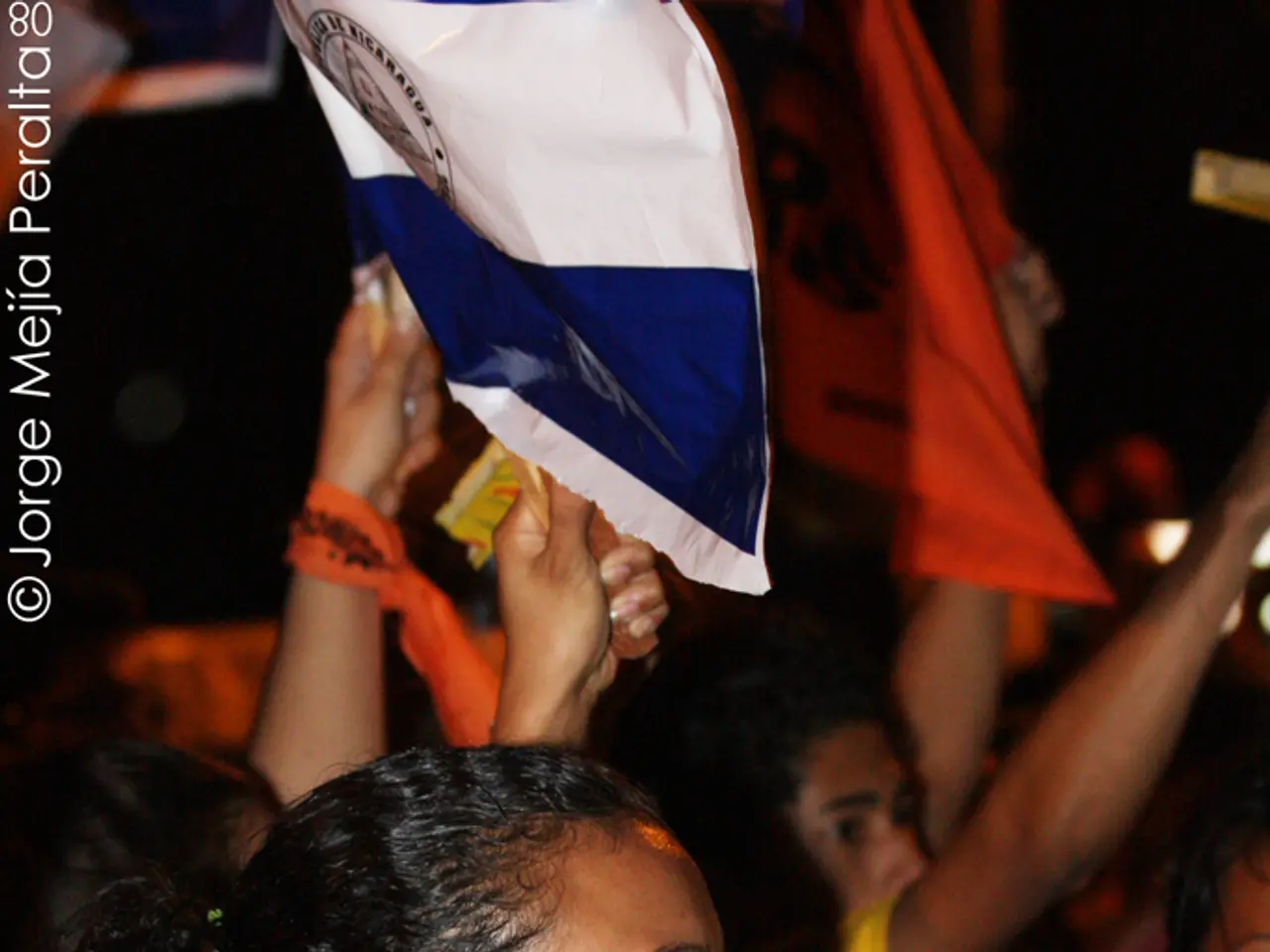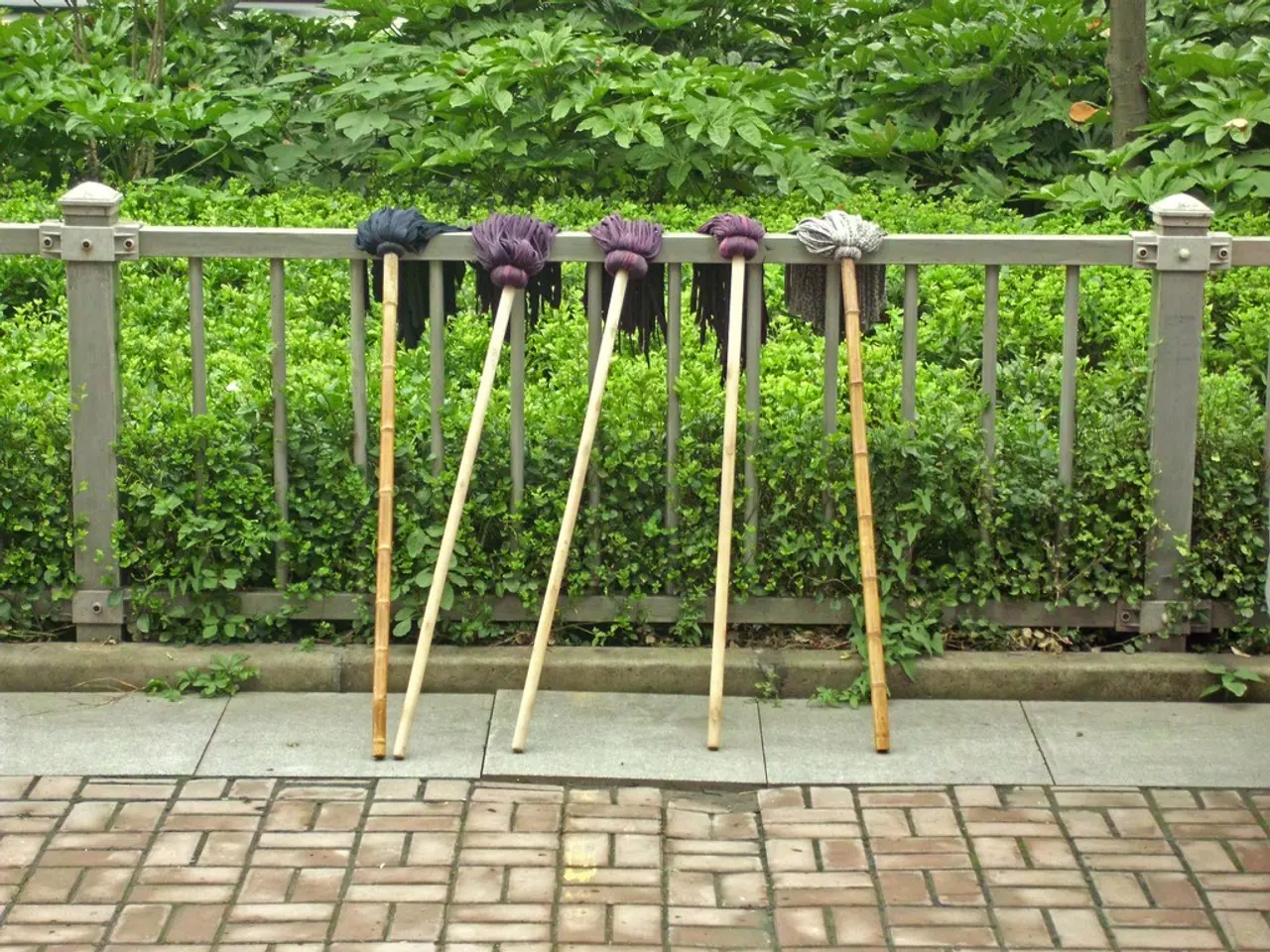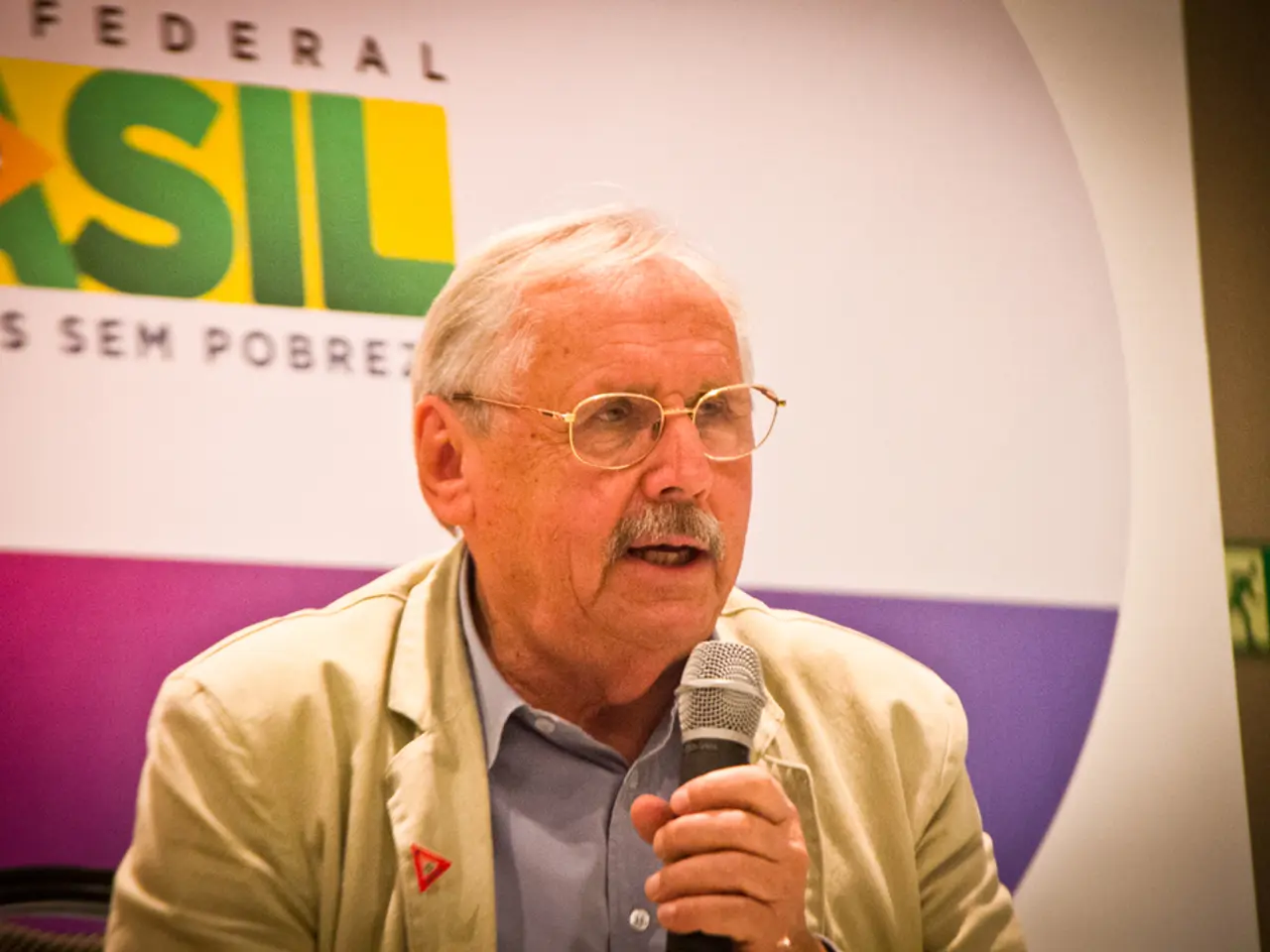Exploring the Effectiveness of Boycotting Large Corporations
In the modern world, consumer and activist boycotts have become a powerful tool in raising public awareness and generating pressure on corporations and events to change their practices. However, the effectiveness of these boycotts in bringing about significant, lasting changes is a topic of ongoing debate.
Take the case of Shein, one of the largest fast fashion brands in the world, generating over $24 billion in revenue in 2022 alone. Reports have long highlighted the poor working conditions and low pay faced by Shein's workers, with limited ability to quit their jobs. Despite consumer boycotts and social media activism, these exploitative practices persist, driven by supply chain complexity and weak enforcement.
Similarly, controversies surrounding Facebook (Meta) focus on misinformation and electoral interference rather than labor issues specifically. Boycotts or advertiser pulls have raised awareness but have not clearly shifted platform policies on these broader ethical concerns.
Regarding the Qatar World Cup, multiple reports have highlighted migrant workers suffering harsh conditions, including deaths and forced labor. While international scrutiny and calls for boycotts increased, there is scant concrete evidence that the boycotts led Qatar or contractors to fundamentally change labor practices. Harsh conditions and abuses largely remained.
However, it's important to note that boycotts can amplify attention to labor abuses and ethical problems. But the structural issues of weak regulation, profit-driven supply chains, and political inertia limit their effectiveness in bringing significant, lasting policy or practice changes without complementary legal, governmental, or institutional reforms.
Recent developments in Qatar offer a glimmer of hope. Qatar has recently passed new labor laws, adding a structure for working hours, instituting a minimum wage, and allowing workers to quit without issues. These steps, while not a complete solution, are a step in the right direction.
In the realm of sports, several European soccer federations, including Germany and France, took a stand against discrimination by having their captains wear armbands with a rainbow heart design as part of an anti-discrimination campaign. Major cities in France such as Paris and Marseille also decided not to publicly broadcast the World Cup matches on giant screens in fan zones.
The U.S. soccer squad also showed their support for the LGBTQ+ community during the World Cup by posting a rainbow-themed team logo.
Mark Zuckerberg, CEO of Facebook, announced that the platform would start placing "warning labels" on posts inciting violence, voting propaganda, and racism.
However, it's important to remember that during the construction of the 2022 World Cup stadiums in Qatar, an estimated 6500 migrant workers from various countries died.
In conclusion, while boycotts can be impactful as part of larger multi-pronged strategies, they generally do not independently compel substantive corporate or event organizer reforms in labor rights and worker treatment. The road to meaningful change is long and complex, requiring a combination of consumer activism, legal reforms, and institutional changes.
- Editorial: While boycotts can generate public attention to labor abuses and ethical issues, their effectiveness in compelling significant, lasting changes is limited without complementary legal, governmental, or institutional reforms.
- Opinion: The persistence of exploitative practices in fast fashion brands, such as Shein, despite consumer boycotts and activism, highlights the need for stronger regulation and enforcement of labor rights.
- News: Despite Qatar's recent passing of new labor laws, there is a need for continued vigilance to ensure that these steps lead to fundamental changes in labor practices and the eradication of harsh conditions and abuses for migrant workers.








